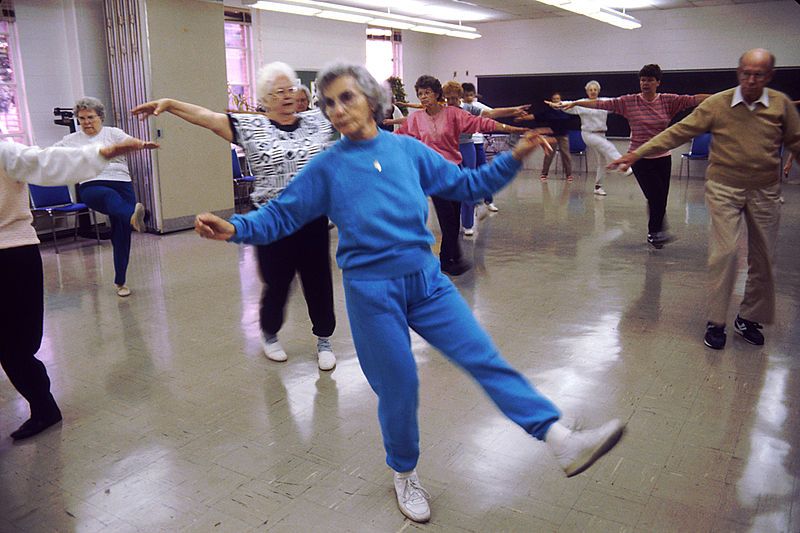More money should be spent on taking care of the elderly, even if it means cutting welfare in other areas, according to a Megafon poll taken for TV2 and Politiken.
“This shows that Danes are aware that care for the elderly is not working properly,” Jens Højgaard, the head of elderly support group Ældre Sagen, told TV2 News.
“Danes think that elderly people who have contributed to society throughout their lives should receive the help they need.”
Supporters of Socialdemokraterne, Venstre and Dansk Folkeparti (DF) were particularly in favour of the idea of supporting the elderly.
“It is a positive that Danes want to help the elderly, and it is something that we will focus on during the upcoming budget talks,” DF spokesperson Karin Nødgaard told TV2 News.
A balancing act
The new agreement between the government and local government association Kommunernes Landsforening gave the municipalities four years to save 1 percent of their budgets – around 2.4 billion kroner.
The cuts will be phased in slowly, as municipalities are scheduled to cut around 500 million kroner next year.
READ MORE: New figures reveal less care for the elderly
In the final local budgets for 2015, healthcare, schools, day-care facilities and help for the disabled, children and young people joined eldercare as the areas where municipalities spend the most money.














